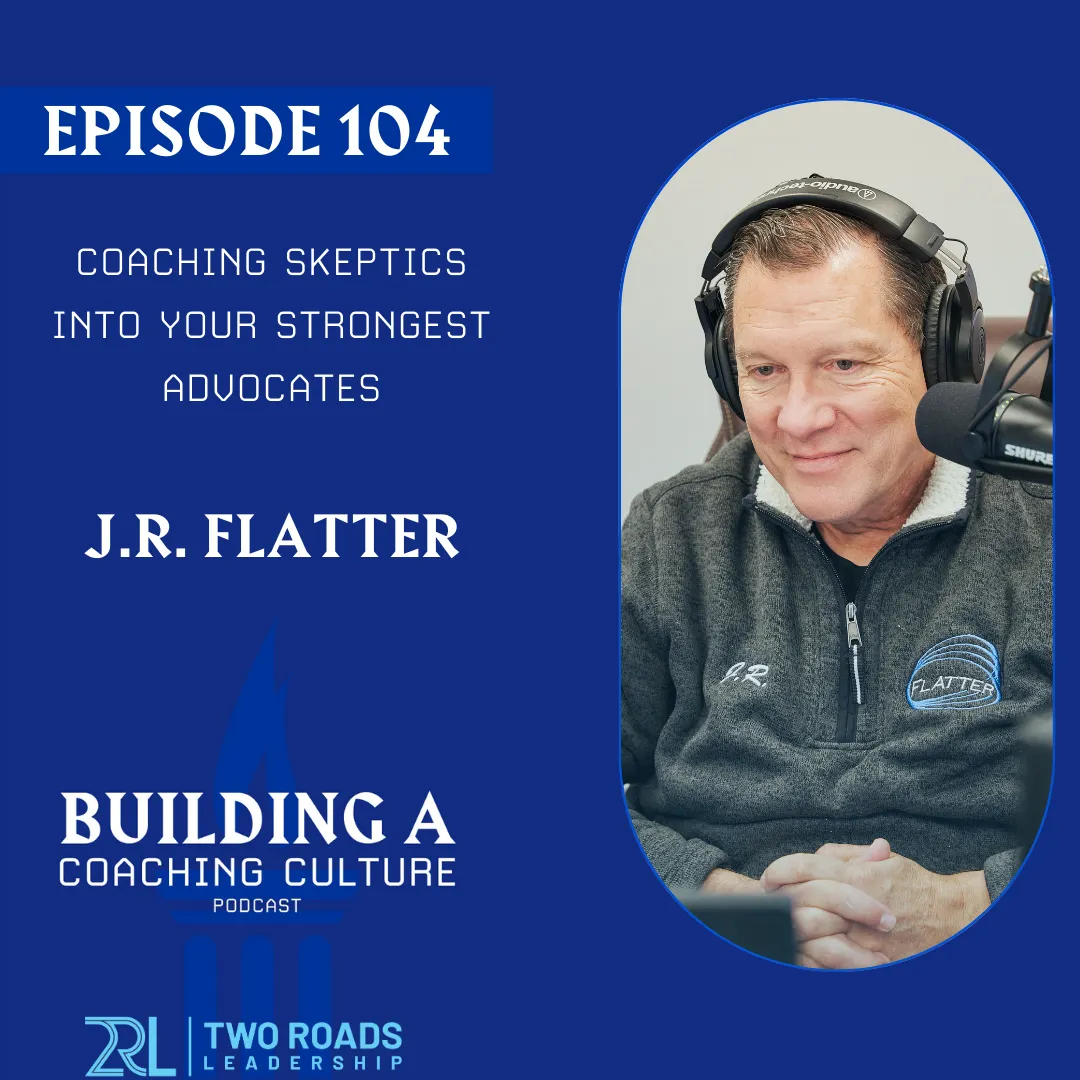Do you struggle with critics and skeptics who doubt your ideas and abilities? Having detractors can be frustrating, but with the right approach, you can actually turn them into your biggest supporters.
In this episode, J.R. and Lucas Flatter dive into the mindset shifts and communication tactics that enable you to coach the skeptics in your life into becoming advocates. You'll learn how to have productive conversations where you address their concerns and get them genuinely excited about your vision. You’ll hear strategies for inspiring buy-in by finding common ground, adjusting your framing, and helping skeptics come to their own realizations. We also talk about when you need to stand confidently in your truth without needing external validation.
Key topics covered include:
- The transformative impact of a coaching journey on personal and professional life.
- What strategies can leaders and coaches use to awaken and nurture drive in the individuals they are coaching?
- What are the ethical and core values of coaching?
- What are the challenges and rewards of coaching skeptics and transforming them into advocates?
If you feel held back by naysayers and resistant collaborators, this episode will give you a blueprint to transform skeptical relationships. You’ll walk away knowing how to turn critics into raving fans who have your back.
Building a Coaching Culture is presented by Two Roads Leadership
Produced, edited, and published by Make More Media
Episode Links
J.R. Flatter
Founder of Two Roads Leadership
Lucas Flatter
Resources
2RL 4 day Coach Certification Bootcamp
2RL ICF-Approved Coach Certifications and Trainings
Transcript
Automatic Transcription - please excuse any errors

